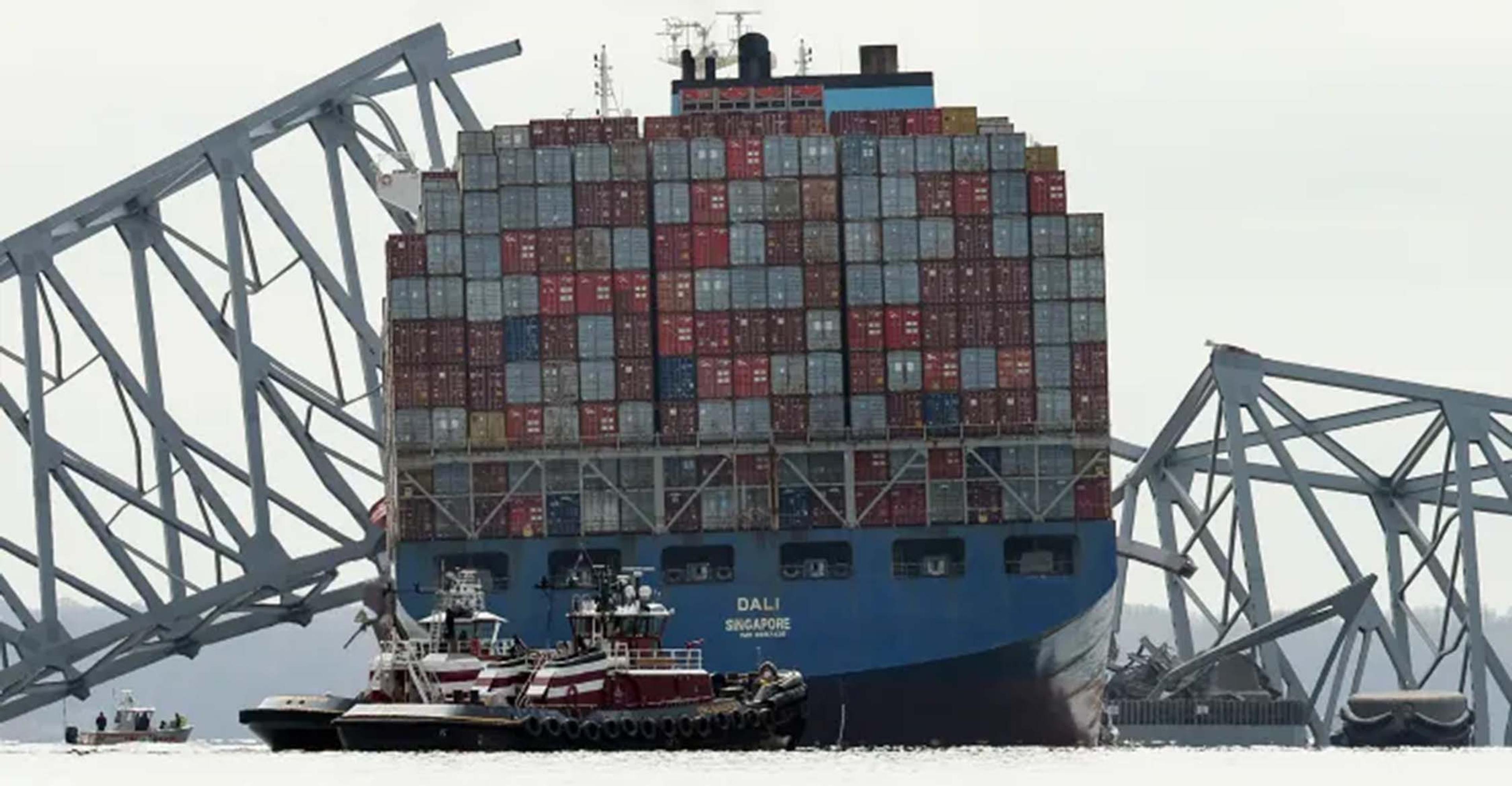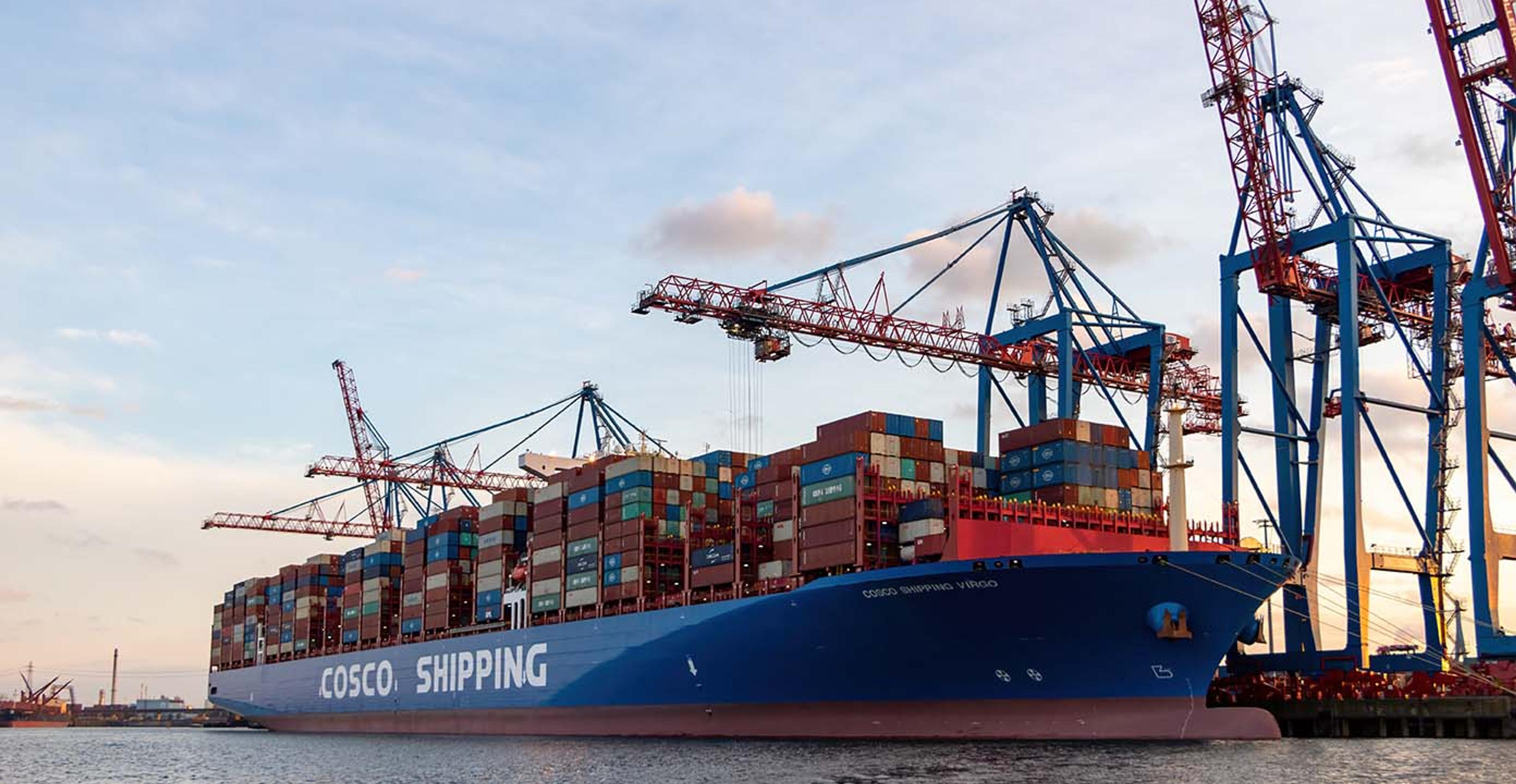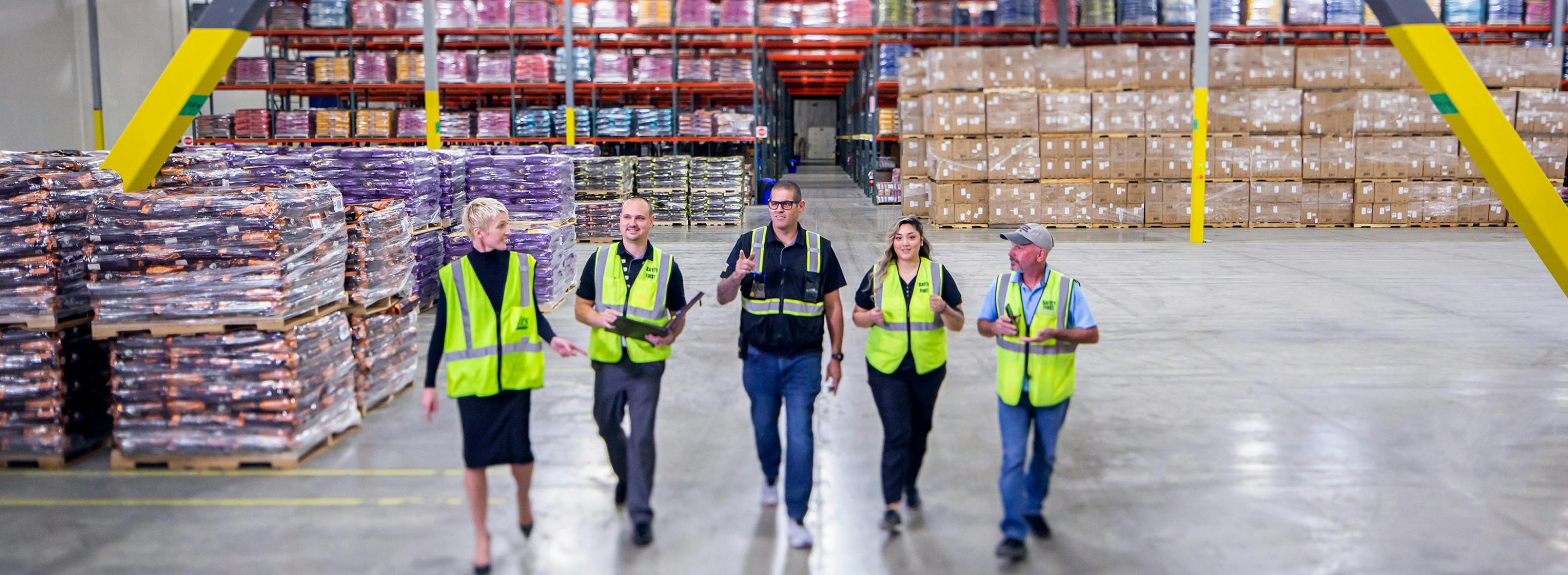IN THE NEWS: Baltimore port bridge collapse: Global ocean carriers declare ‘force majeure,’ leaving U.S. companies on hook for urgent cargo pickup

CNBC
March 27, 2024
Lori Ann LaRocco
FROM THE ARTICLE: Ocean carriers are declaring “force majeure” due to the Baltimore port bridge crisis, telling logistics companies and U.S. shippers including retailers that once cargo is dropped off at alternate ports, it becomes their responsibility to pick up.
In an alert to customers Tuesday, CMA CGM wrote, “Those (containers) on the water will be discharged at an alternate port where they will be made available for pick-up, and CMA CGM’s bill of lading will terminate.”
It was the first ocean carrier to declare force majeure — the provision in a contract that frees parties from an obligation due to events beyond their control.
COSCO announced Wednesday morning that its services would “be concluded” once the diverted container arrives at the alternate port. Evergreen announced the same measure.
In contrast, Maersk is providing transport. “For cargo already on water, we will omit the port, and will discharge cargo set for Baltimore, in nearby ports. From these ports, it will be possible to utilize landside transportation to reach final destination instead,” Maersk said in an alert to customers.
Ocean carriers Hapag Lloyd and MSC did not respond to requests for comment about their plans.
Paul Brashier, vice president of drayage and intermodal at ITS Logistics, tells CNBC it is fielding calls from clients asking where their containers are going. “They are concerned they will be charged container late fees [detention and demurrage] if they don’t get their containers out of the terminals as soon as possible.”
The urgency of picking up diverted containers has increased as ocean carriers declare “force majeure” on Baltimore-bound containers once the boxes arrive at the diverted port, and companies who have imported their products need to to find transportation to move the cargo before container late fees are charged.
...
“The biggest thing we are seeing from our data integrations with the ocean carriers is we are not seeing the port of discharge updated yet,” Brashier said, citing the ITS Logistics’ ContainerAI platform. “So what we are doing now is we will have to manage logistics of containers through the data given to us by the terminals. But that means we are alerted when the container has already arrived, versus planning while the container is still en route to the port.”



